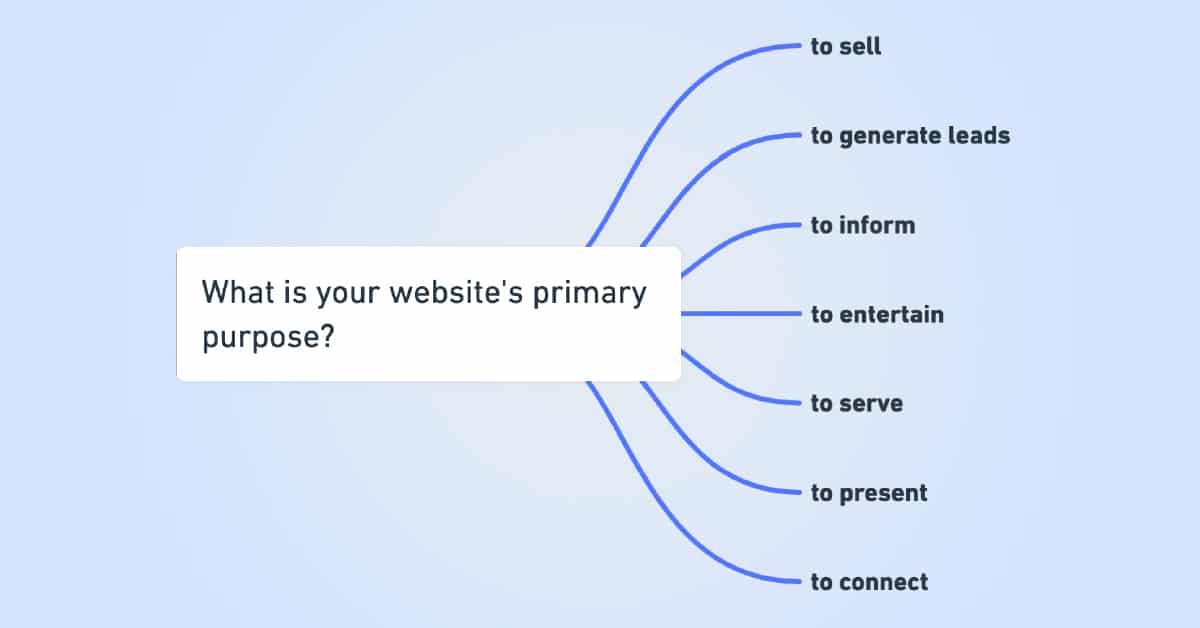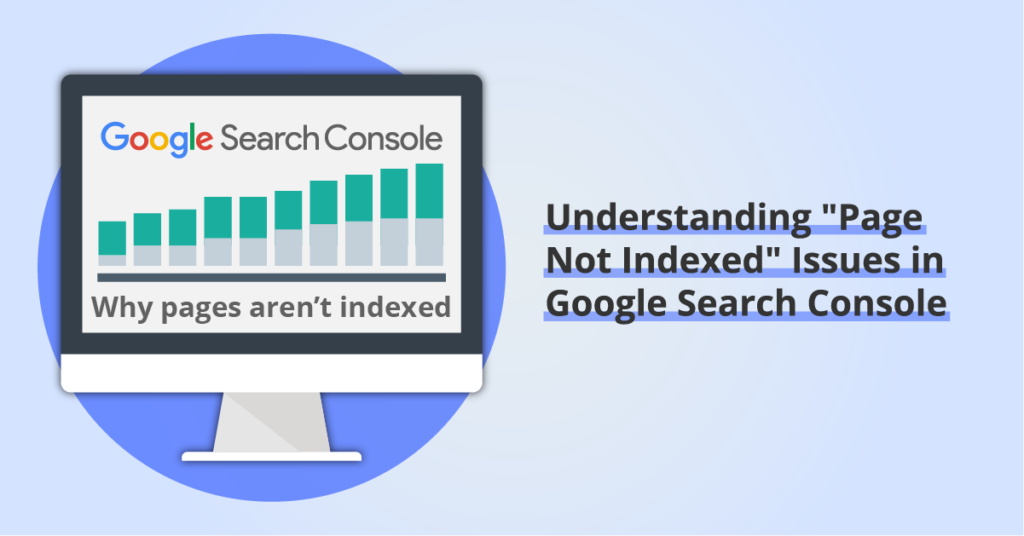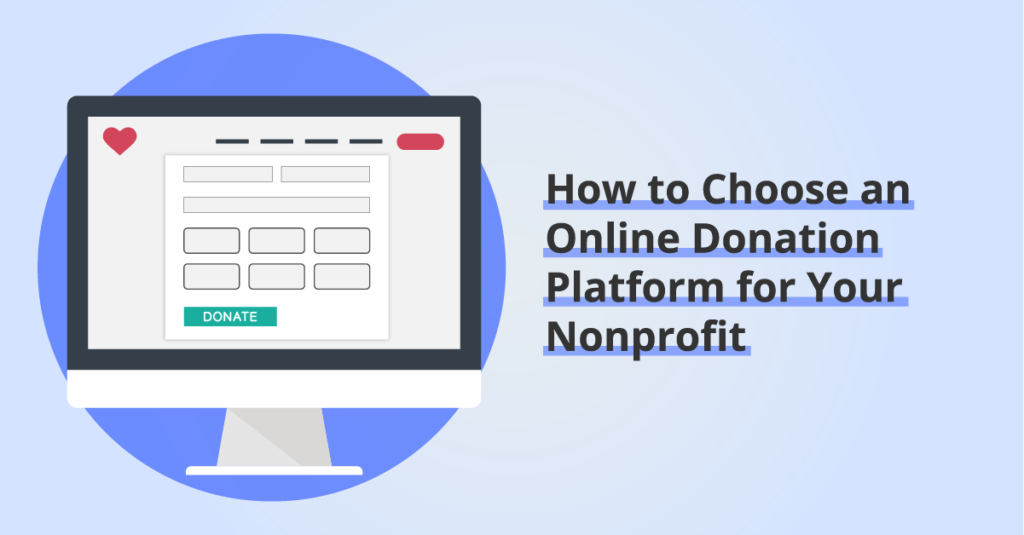What’s the Purpose of Your Website?
By: Ed Harris / Published: May 10, 2021 / Last updated: June 28, 2024

Stopping to think about the purpose of a website is an important first step before mapping out the rest of your digital strategy. What type of website do you have? What is the website’s primary purpose?
In this article, we dig into seven common types of website, share some examples, and encourage you to pause and think about the purpose of your website.
Why is it important to know the purpose of a website?
Building and maintaining a high-quality, user-friendly website often involves a significant investment of time (if you build it yourself) and money (if you pay someone to help you).
Beyond the investment of time and money, your website is also the public face of your business, organization, or brand — online, at least. Getting clear about the intended purpose of your website is a critically important first step in defining a clear strategy for your website.
Once you know the big-picture purpose of your website, you can move onto more detailed questions about your target audience and what you want those audience members to do when they land on your website.
This, in turn, unlocks your ability to set goals for your website and will help you understand how to measure the success of your website.
Got it? If you — as a business owner, a nonprofit leader, or anyone with a web presence — want to take a more strategic approach to managing your website start by getting clear about your website’s purpose. Then clarity about your target audience, conversion actions, goals, and measurement will follow!
Website purpose: 7 types of website
We start most of our digital marketing strategy conversations with a discussion about website purpose. To help get the conversation moving, we share this list of seven common types of website.
- Sales: “The purpose of our website is to sell _____”
- Lead Generation: “The purpose of our website to generate leads for ____”
- Information: “The purpose of our website is to inform users about _____”
- Entertainment: “The purpose of our website is to entertain users with ____”
- Service: “The purpose of our website is to serve users by providing _____”
- Presentation: “The purpose of our website is to present _____”
- Connection: “The purpose of our website is to connect _____ with _____”
Of course, it’s common for a business or organizational website to combine more than one of these purposes. However, it’s usually possible to identify one purpose as the primary purpose.
Let’s look at an example of each:
1. Sales: an ecommerce website
The primary purpose of any ecommerce website is likely sales: the website exists to sell products or services online. Success in achieving this primary purpose will require clear communication of the value users will realize by making a purchase, as well as a user-friendly checkout and payment process.
2. Lead generation: an independent consultant’s website
Many businesses use their website to attract leads or prospects, but don’t actually close the sale online. Instead, the purpose of the website is to attract qualified leads and allow them to submit their information to the business, who will then follow-up with a sales call.
Examples might include an independent consultant or coach, a therapist, an attorney, or a household appliance repair business — all of these business owners can benefit from a website that attracts qualified customers or clients and allows them to submit a contract form or service request to the business owner. The key distinction from a sales website is that for a website with the primary purpose of lead generation, the eventual sale of products or services often happens away from the website — either in person, or mediated through email or a phone call.
3. Information: a news website
Many of the internet’s largest websites are driven by the primary purpose of informing or educating users. Most news-focused media organization’s websites call into this category (unless they’ve crossed the line from news into entertainment …)
4. Entertainment: a video streaming website
Many more popular websites exist to entertain their users. Video streaming websites, both paid and free (AKA paid for with advertising), fall into this category.
5. Service: a government website
This one’s a bit more nuanced, but worth pulling out as a separate category. Websites where the primary purpose is delivering a service (but not necessarily selling) include government website, or nonprofit organizations. Think of your state Department of Motor Vehicles website, or the government agency websites you use to access unemployment or housing benefits.
Nonprofit organization websites also often have service as a primary purpose, alongside raising money to support the service delivery.
6. Presentation: a portfolio website
The primary purpose for some websites is simply to present, share, or display some information or content online. An artist’s portfolio website or a resume website for someone seeking a new job are two examples. The website owner may simply want to establish an online presence for themselves, to manage their reputation or brand, or to provide an online source for material also shared offline.
7. Connection: a directory website
Finally, there’s a category of website where the primary purpose is to facilitate connection between people. Examples could be as simple as a website that provides a directory of professionals that offer a certain service, along with contact information so that website users can connect with them. Other examples might include social networking websites, dating websites, or other websites where an online community with useful profiles is a primary feature.
What comes next after identifying a website’s purpose?
Spending some time identifying your website’s primary purpose is an important first step in developing a clear digital marketing strategy, or in starting work to improve your website’s performance. After all, how can you evaluate your website’s strengths and weaknesses if you don’t know what its purpose is?
Here’s a recent example that demonstrates how a conversation about a website’s purpose leads to insights about how to optimize the website and develop a marketing strategy:
In a strategy engagement with a solo business owner who works with clients as a consultant, we started our conversation by digging into the purpose of her website within the broader context of her business.
Much of the actual business takes place away from the website: clients make contact and the sales conversation and closing of a new client relationship typically takes place either on the phone or in person. Based on this simple understanding, it’s clear that the purpose of the website is lead generation: to attract the attention of prospects who are in the market for the service being offered, and encourage them to submit the contact form to arrange a free consultation.
However, as we were reviewing the list of website purposes detailed above, we realized that the website also served a couple of important secondary purposes.
- Potential clients for this business often have questions about the service offering, and are looking for educational information before being ready to consider requesting a consultation. The realization that the website needs to inform users led to the decision to start creating a library of educational blog posts on the website (a decision that also makes the website more valuable to users, and increases search engine visibility).
- We also realized that part of the website’s purpose is to present the business owner as an expert in her field, who is qualified to offer advice in her area of expertise. Observing that the website had a secondary purpose of presenting information about the business owner’s experience and credentials led to us investing more time on the “about” page of the site, incorporating links to professional certifications that she holds, and developing a more robust profile on LinkedIn.
Hopefully this example demonstrates how a conversation about your website’s purpose serves as an entry point into your digital marketing strategy as a whole, and what improvements you might want to prioritize on your website.
We love having these conversations and learning more about what makes your business or organization tick. If you’re interested in learning more about how we can make your website more successful, send us a message or book a one-time digital strategy call.
Are you ready to create a website strategy to move toward your goals?
Book a one-hour strategy call. We’ll meet on Zoom, review your website and digital marketing goals, and recommend next steps.




